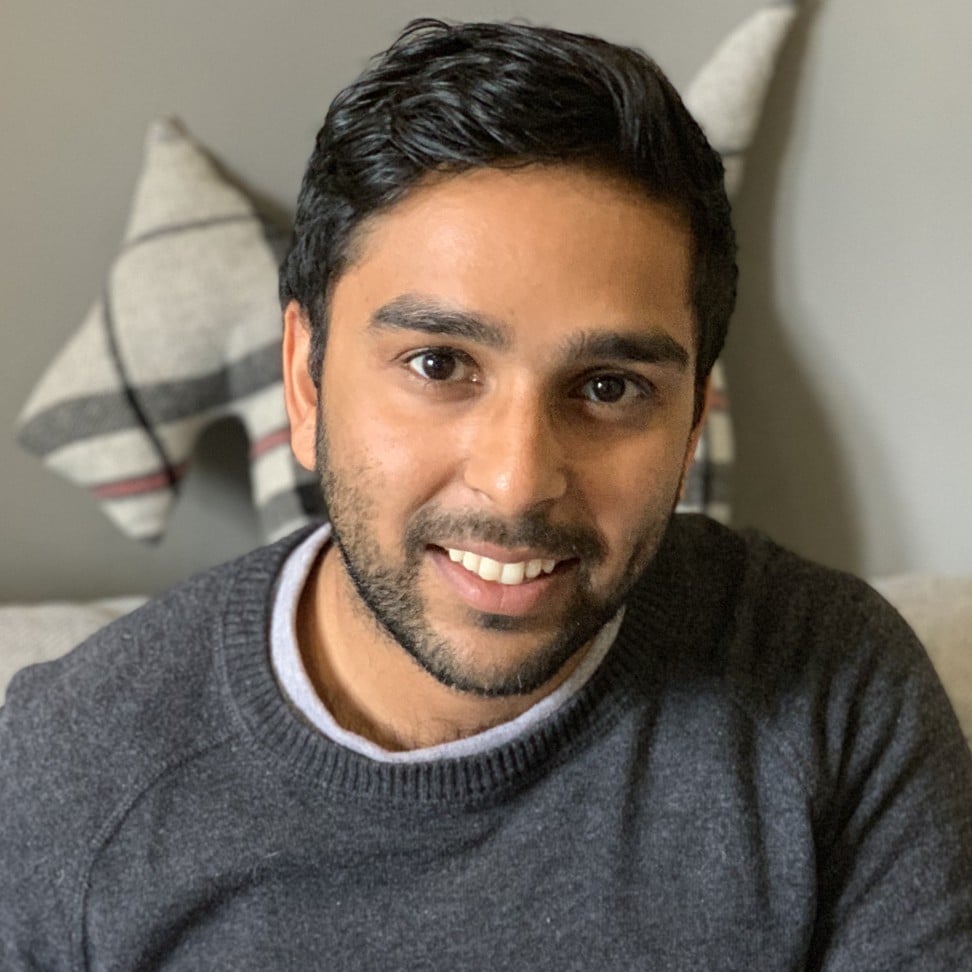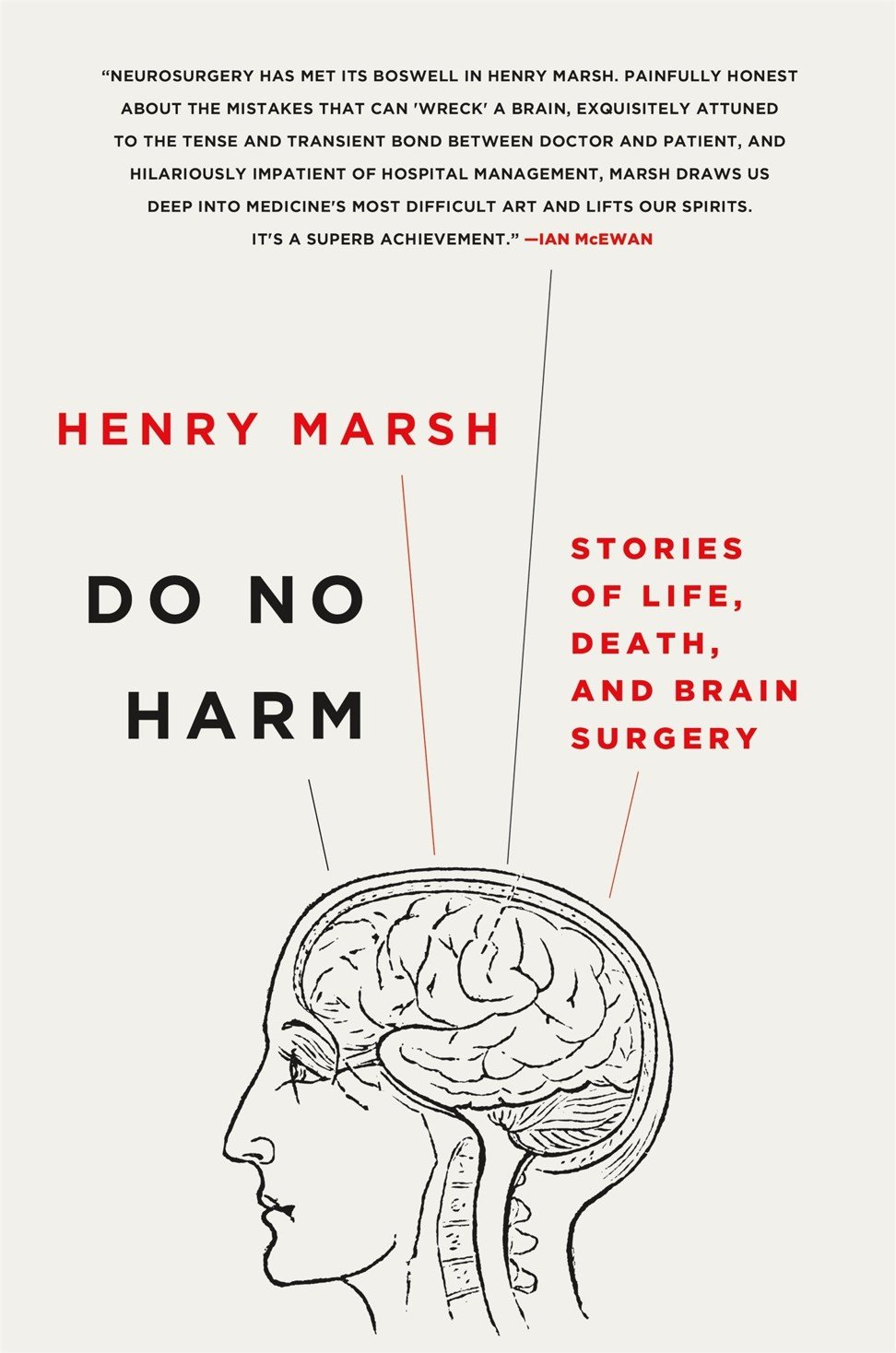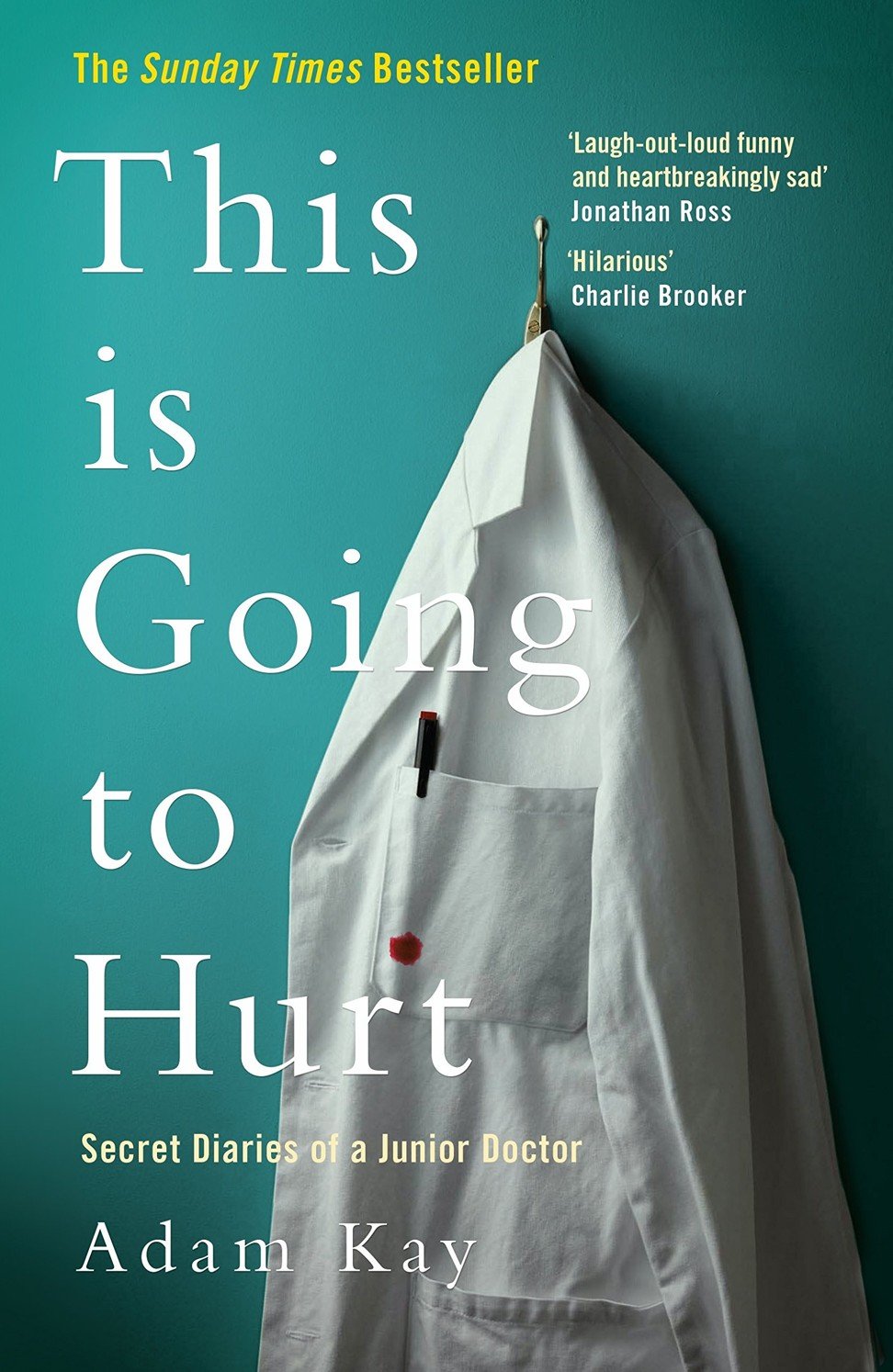
Young Doctor Programme gives students insight on a medical career
- Doctors took Hong Kong students through interactive role plays, including suturing with a surgeon and reading patient diagnoses
- Advice on getting into medical school also given
Medicine is a notoriously tough career choice. As Dr Paul Ng, a Hong Kong-based specialist in gastroenterology and hepatology reminds us, it takes a long time to even qualify as a doctor: six years as an undergraduate, a year’s internship and then, depending on a student’s area of specialisation, a further six to seven years of postgraduate study.
While it can be a hugely rewarding career, it comes with stress, long hours and, in the case of Hong Kong, an extremely high patient-to-doctor ratio – “way higher than other developed places,” Ng says.
Medical manpower crisis to worsen in coming decade
To help students better understand a doctor’s professional life, education group InvestIN hosted the Young Doctor Programme, aimed at 15- to 18-year-olds, in Hong Kong last weekend. The group runs different programmes involving professionals from the fields of investment banking, law, medicine, engineering, politics and journalism.
At this event, doctors took the students through interactive role plays, including suturing with a surgeon, examining X-rays, and reading patient diagnoses. There were seminars and Q&A sessions, designed to give participants “a 360-degree experience of practising medicine”.

Attendees – who needed no previous experience – were also guided on how to boost their chances of gaining entry into medical school, with tips on writing personal statements for university applications, and what to expect during admission interviews. InvestIn’s mission, as described on its website, “is to build a collaborative bridge between the academic and professional worlds” and “ensure that the next generation of talent is given valuable exposure to professional life at an early stage”.
Dr Manik Kohli, director of the Young Doctor Programme, remembers the reasons for his own career choice and what his early years in the profession were like.
“I grew up surrounded by doctors and always had an interest in what they did. Medicine was never forced on me. I always found what doctors do so interesting. I liked the variety medicine offers and the idea that your role in society is to make other peoples’ lives better,” he says.

Kohli qualified in the UK. He studied medicine at the University of Edinburgh, where the study timeline is similar to that in Hong Kong: five or six years as an undergraduate in medical school, then working in different jobs and specialities for two years before applying for specialist training programmes.
“From completing medical school to being a ‘consultant’ in a speciality takes at least eight years. To be a fully qualified general practitioner in the community comes five years after completing medical school,” Kohli says.
The hardest part about the career for him are the difficult conversations he sometimes has with patients and their families.
“I’ve had many conversations where I tell someone that they are dying, or have to counsel families on their loved one not surviving their current illness,” Kohli says. “It is a huge responsibility, but this can also be rewarding in some ways, as you play such an important role in people’s lives when they need it most.”

The best part of his job is the variety it brings. “You meet new people all the time and work with so many people from all backgrounds. Even within most specialities there is variety – from patient consultations to practical procedures and the contestant learning,” he says.
It’s a steep learning curve when you start working as a doctor though, Kohli warns. “You have to manage your time well and be able to deal with stress. I always felt I was fairly laid back, but even I have had to learn to manage in situations where you’re on-call and the work is pulling you in a million different directions.”
Hong Kong doctors in public sector need better treatment
Past participants in the Young Doctor Programme describe how knowledgeable the hosting doctors were and how they delivered information and insights which they could never have sourced online.
“It is a mixture of both advice on how to maximise your chances in gaining admission into med school – by honing interview technique, perfecting personal statements and discussing exams – in addition to the practical elements such as A&E case studies, suturing and ‘a day in the life of a doctor’, which were very enjoyable and hugely interactive,” one student says.

The best books to read about the medical profession
Do No Harm
by Henry Marsh
British neurosurgeon Henry Marsh has written two books that describe his career as a brain surgeon called Do No Harm: Stories of Life, Death, and Brain Surgery, and Admissions: A Life in Brain Surgery. They provide a fascinating insight into this most delicate of specialisms, and reveal the doubt and vulnerability that many doctors must feel.
When Breath Becomes Air
by Paul Kalanithi
Kalanithi’s moving memoir describes his career as a successful neurosurgeon and his diagnosis of terminal lung cancer as a young man.
The Language of Kindness: A Nurse’s Story
by Christie Watson
You cannot understand the life of a doctor without understanding that of nurses. Watson writes with the passion, humour and courage of a profession that isn’t given nearly the prestige it ought to have.
How technology and new blood can help Hong Kong’s doctors
With the End in Mind: Dying, Death and Wisdom in an Age of Denial
by Kathryn Mannix
You cannot understand a doctor’s life without understanding death. Mannix makes it all much less terrifying in her descriptions of end of life for the patients in her palliative care.

This is Going to Hurt: Secret Diaries of a Junior Doctor
by Adam Kay
Kay’s book is a huge seller. It will make you laugh (he is a doctor turned comedian) and it will make you cry. This is a warts-and-all revelation about life at the coalface in the early years of a medical career.

